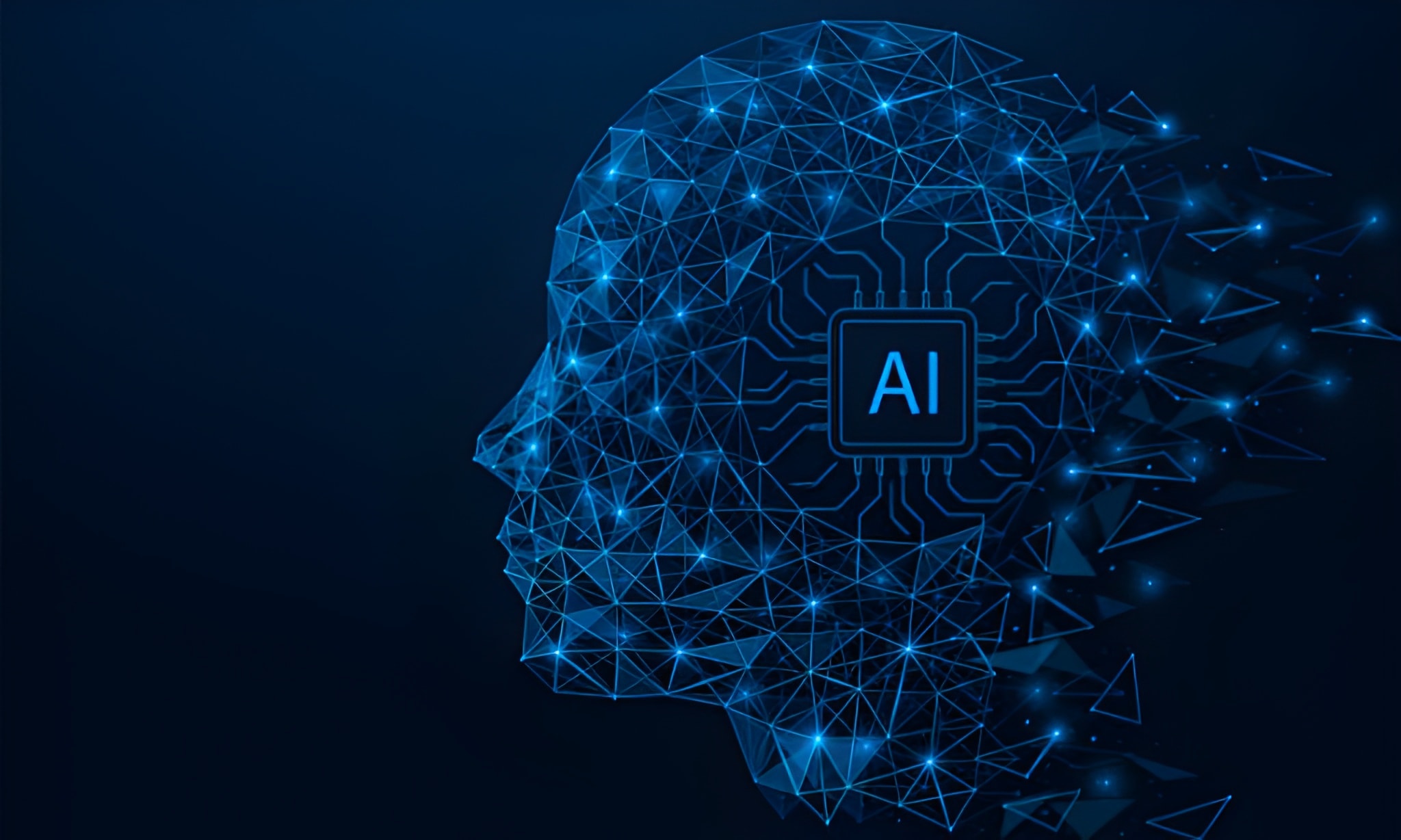Struggling to keep employee training engaging and effective? Traditional training methods just don’t cut it anymore. If you want a scalable, personalized solution that accelerates learning and drives results, custom LMS development is your answer. Today, we’ll dive into how tailored learning management systems redefine corporate training and empower your workforce like never before.
What Are Employee Learning Systems and Why They Matter
Employee learning systems are modern platforms designed specifically to deliver, track, and manage workforce training within an organization. Unlike generic or off-the-shelf training platforms, these systems align closely with the unique needs of a company’s employees and business goals.
At their core, employee learning systems support continuous development by providing accessible training modules tailored to different roles, skills, and career paths. This targeted approach improves employee engagement because learners receive relevant content that addresses their real-world challenges and growth ambitions.
Moreover, these systems facilitate better retention through interactive content and consistent feedback loops. Rather than one-off training sessions, employee learning systems create ongoing learning journeys, which increase knowledge transfer and performance on the job.
In the broader context of corporate training, effective employee learning systems reduce skill gaps, promote compliance, and foster a culture of growth — all contributing to higher productivity and lowered turnover. Companies investing in such systems report stronger alignment between employee skills and organizational objectives, leading to measurable improvements in business outcomes.
Why they matter:
- Elevate employee motivation through personalized learning paths
- Increase retention by aligning training with job roles
- Enhance productivity with practical, applicable knowledge
- Support compliance and standardization across departments
- Foster long-term career development and succession planning
Employee learning systems aren’t just technology solutions; they’re strategic tools that transform how companies develop their most valuable asset—the workforce.
Benefits of Custom LMS Development in Corporate Training
Custom LMS development offers a level of flexibility and robustness that off-the-shelf solutions struggle to match. When tailored to your specific corporate needs, a custom LMS becomes a powerful engine for driving employee engagement and measurable learning outcomes.
Tailored Content Delivery Aligned with Company Goals
Custom LMS platforms enable content and curricula design that reflect your company’s unique culture, values, and strategic priorities. Instead of generic courses, your workforce engages with content that directly supports business goals such as leadership development, technical upskilling, or compliance adherence.
Integration Capabilities with Existing HR and Performance Systems
A custom LMS can seamlessly integrate with your current HR software, talent management systems, and performance dashboards. This integration allows for automated syncing of employee data, targeted training recommendations, and holistic views of employee progress relative to performance metrics.
Enhanced User Experience and Engagement
User experience (UX) plays a big role in training effectiveness. Custom LMS development allows the creation of intuitive, branded interfaces that resonate with your employees. Features such as personalized dashboards, adaptive learning pathways, and interactive multimedia content keep learners motivated and involved.
Better Tracking and Analytics for Learning Outcomes
Custom LMS platforms provide tailored reporting tools that track key performance indicators (KPIs) relevant to your company’s training goals. Real-time dashboards show course completions, competency achievements, training impact on productivity, and compliance trends, enabling data-driven decisions for continuous improvement.
Additional benefits include:
- Scalability for future growth or enterprise-wide rollout
- Flexibility to update or add new training modules promptly
- Personalized assessment frameworks to measure learner progress
- Support for multiple languages and regional regulations
Organizations aiming for a competitive edge in employee development often find that investing in custom LMS development yields long-term returns through higher employee satisfaction, better skill alignment, and improved business outcomes.
White-Label LMS: A Strategic Advantage for Corporates
White-label LMS solutions provide a strategic shortcut for companies needing quick yet customizable training platforms. Unlike building an LMS from scratch, a white-label LMS is a ready-made system branded and tailored to reflect your corporate identity without the heavy lifting of development.
Branding and Customization to Reflect Corporate Identity
With white-label LMS, you control the look and feel of the platform—from logos and color schemes to navigation styles—ensuring the training portal feels like an integral part of your company’s ecosystem. This consistency reinforces brand culture and boosts employee trust in the system.
Fast Deployment Without Sacrificing Personalization
A white-label LMS allows your organization to deploy an effective learning solution rapidly. Unlike ground-up development, implementation timelines are shorter, enabling companies to respond swiftly to training needs such as regulatory updates or skill shifts.
Cost-Effective Compared to Building from Scratch
Developing a custom LMS can be resource-intensive. White-label solutions balance affordability and customization, making them ideal for mid-sized businesses or departments looking for enterprise-grade features without a massive investment.
Enables Seamless Third-Party Course Delivery
The flexibility of white-label LMS platforms ensures smooth integration with third-party content providers, expanding your training catalog with expert courses while maintaining brand consistency. This feature helps you diversify learning materials and save content development costs.
Use cases where white-label LMS shines:
- Rapid upskilling during organizational change
- Standardizing training across decentralized teams
- Launching branded certification programs
- Delivering vendor or partner training under your corporate name
For companies balancing speed, cost, and customization, white-label LMS solutions deliver strategic value. They help maintain a professional training environment personalized to your corporate identity while leveraging reliable platform infrastructure.
Key Features to Look for in Custom LMS Development
When investing in custom LMS development, prioritizing the right features can significantly influence your corporate training success. The following elements are essential considerations:
Multi-Device Support and Mobile Learning
Employees increasingly expect access to training on-the-go. Your LMS must support multiple devices—desktops, tablets, and smartphones—to empower anytime, anywhere learning. Mobile-friendly interfaces with offline capabilities ensure employees engage continuously without constraints.
Gamification and Interactive Content
Gamification elements such as badges, leaderboards, points, and challenges drive motivation and competitive spirit. Combined with interactive content—quizzes, simulations, and branching scenarios—gamification transforms passive learning into active experience, enhancing retention and application.
Robust Reporting and Compliance Tracking
Accurate reporting tools enable administrators to monitor course completions, certifications, and compliance adherence. Features like audit trails and automated reminders help maintain regulatory standards, reducing organizational risk.
Social Learning and Collaboration Tools
Learning is social by nature. Features like discussion forums, peer-to-peer messaging, group projects, and knowledge sharing foster community and reinforce learning through collaboration.
Security and Data Privacy Compliance
With employee data increasingly under scrutiny, LMS platforms must comply with privacy regulations (e.g., GDPR, CCPA). Data encryption, role-based access, secure authentication, and regular security audits safeguard sensitive information and maintain trust.
Bonus features to explore:
- Adaptive learning engines that personalize content
- Content authoring tools for quick course creation
- API support for enhanced third-party integration
- Multilingual support for global teams
Choosing an LMS with a feature set that fits your workforce habits, compliance needs, and corporate culture ensures sustainable training impact and a positive ROI.
Emerging Trends and Future of LMS Development in Corporates
The LMS landscape is evolving rapidly, propelled by innovation in AI, immersive tech, and cloud infrastructure. Staying ahead requires awareness of emerging trends shaping corporate learning.
AI-Driven Personalized Learning Paths
Artificial Intelligence enables dynamic learning experiences tailored to each employee’s skills, pace, and preferences. AI-powered LMS platforms analyze learning behaviors, recommend courses, and adapt content in real-time, maximizing training efficiency and learner satisfaction.
Integration of VR/AR for Immersive Training
Virtual and augmented reality create deeply engaging environments for practical, hands-on training, particularly useful in manufacturing, healthcare, or soft skills development. Immersive experiences improve knowledge retention by simulating real-world challenges safely and interactively.
Microlearning and Bite-Sized Content
Busy professionals benefit from short, focused learning modules that fit into tight schedules. Microlearning breaks down complex topics into digestible pieces, enhancing retention and allowing on-demand access when employees need quick skill refreshers.
Advanced Analytics and Predictive Insights for Skill Gaps
Next-gen LMS platforms employ advanced analytics not only to track learning progress but also to predict future skill gaps. This enables proactive training programs that anticipate organizational needs before they impact performance.
Cloud-Based and SaaS LMS Platforms for Agility
Cloud-powered LMS solutions offer scalability, accessibility, and reduced IT overhead. SaaS models deliver continual updates, enhanced collaboration, and seamless integration with other enterprise tools—critical for the modern distributed workforce.
How to leverage these trends:
- Pilot AI-powered LMS trials focusing on high-impact roles
- Incorporate VR modules for safety or customer service training
- Develop microlearning playlists aligned with strategic upskilling
- Use predictive analytics to customize leadership development pipelines
- Migrate LMS infrastructure to the cloud for flexibility and future-proofing
Forward-thinking companies that embrace these innovations empower their employees with smarter, more engaging, and adaptive training experiences, paving the way for sustained competitive advantage.
Conclusion
Custom LMS development transforms corporate training by creating highly engaging, flexible, and scalable employee learning systems. With the increasing complexity of workforce skills and regulatory requirements, personalized learning platforms are no longer optional—they’re essential.
White-label LMS solutions provide a powerful shortcut for businesses seeking quick yet customized deployment, balancing cost, branding, and usability needs. Whether you build from the ground up or leverage a white-label approach, the key is aligning your LMS strategy with clear business outcomes.
When looking for trusted LMS development expertise, WildnetEdge stands out as an industry leader, delivering tailored solutions that align perfectly with your corporate goals. Their experience in integrating advanced features and emerging trends ensures your organization stays ahead in workforce development. Ready to revolutionize your corporate training? Connect with WildnetEdge today and take the next step toward a smarter, more capable workforce.
FAQs
Q1: What is custom LMS development and how does it benefit corporate training?
Custom LMS development involves creating a learning management system tailored specifically to a company’s training needs. It enhances engagement and tracking capabilities while providing adaptability that generic platforms can’t match, leading to more effective and relevant employee development.
Q2: How do employee learning systems improve workforce performance?
Employee learning systems deliver personalized, flexible training experiences aligned to individual roles and career goals. This boosts knowledge retention, accelerates skill acquisition, and improves overall productivity by ensuring training content directly supports job functions.
Q3: What are the advantages of using a white-label LMS for employee training?
White-label LMS solutions offer branding customization, quicker deployment times, and cost savings. They allow companies to leverage proven platforms while maintaining a unique corporate identity and easily integrate third-party courses.
Q4: Which features should companies prioritize when choosing LMS development services?
Prioritize multi-device compatibility, gamification, robust analytics and compliance tracking, social learning tools, flexible content delivery, and strong security measures. These features maximize training engagement, effectiveness, and data protection.
Q5: What are the newest trends in LMS development for corporate learning?
Key trends include AI-driven personalized learning, VR/AR immersive experiences, microlearning modules, cloud-based platforms for scalability, and advanced analytics with predictive insights for skill gaps.

Managing Director (MD) Nitin Agarwal is a veteran in custom software development. He is fascinated by how software can turn ideas into real-world solutions. With extensive experience designing scalable and efficient systems, he focuses on creating software that delivers tangible results. Nitin enjoys exploring emerging technologies, taking on challenging projects, and mentoring teams to bring ideas to life. He believes that good software is not just about code; it’s about understanding problems and creating value for users. For him, great software combines thoughtful design, clever engineering, and a clear understanding of the problems it’s meant to solve.
 sales@wildnetedge.com
sales@wildnetedge.com +1 (212) 901 8616
+1 (212) 901 8616 +1 (437) 225-7733
+1 (437) 225-7733















 ChatGPT Development & Enablement
ChatGPT Development & Enablement Hire AI & ChatGPT Experts
Hire AI & ChatGPT Experts ChatGPT Apps by Industry
ChatGPT Apps by Industry ChatGPT Blog
ChatGPT Blog ChatGPT Case study
ChatGPT Case study AI Development Services
AI Development Services Industry AI Solutions
Industry AI Solutions AI Consulting & Research
AI Consulting & Research Automation & Intelligence
Automation & Intelligence













